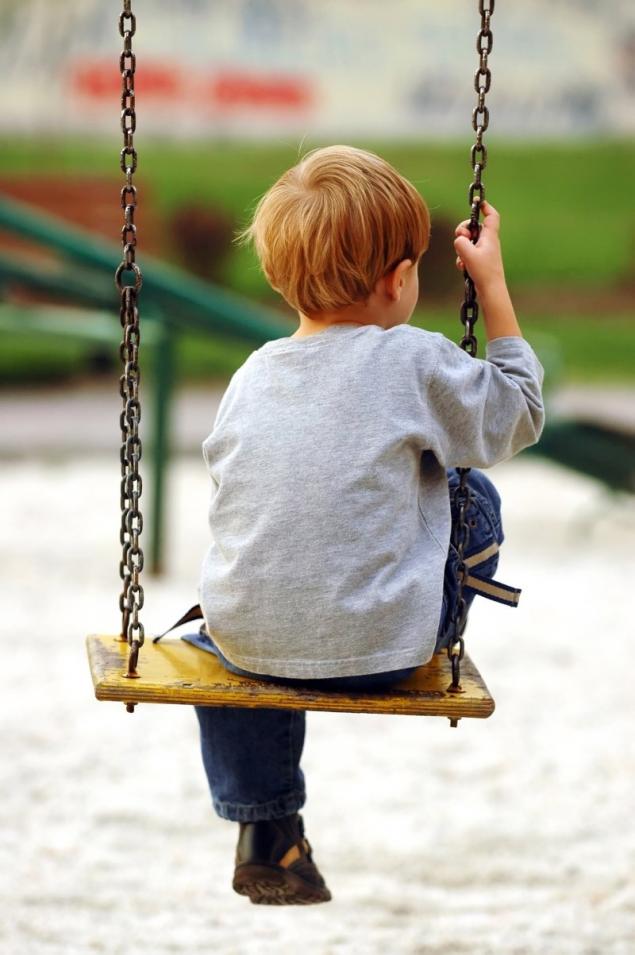146
Should I send my child to summer camp?
Many parents think that a trip to camp for the summer is the best solution for their child. However, this is not always the case. In some cases, such trips really have a positive effect on the child, help him become more independent and confident. But sometimes summer camp becomes an unbearable nightmare and gives the child only a painful experience.

It depends not only on where you send your child, but also on the child. Often parents do not think about it, which then have to face various troubles.
If you are wondering whether to send a child to a camp or pick up a child from camp until the end of the shift, when he asks, "Site" It'll help you figure out the answer.
Most often, problems in the camp occur in those guys who have some difficulties in communicating. One little-known but very talented child psychologist said, “That’s what kids really need to learn in school is how to interact with peers.” ?

Indeed, the program of many educational institutions is aimed only at providing the child with knowledge in the field of mathematics and foreign languages. Not all teachers pay attention to the psychological state of the child in society. Too busy or just inattentive parents don’t think about it either.

Due to the lack of clues from adults, too shy or withdrawn children do not find a way to build communication with peers and simply become hermits.
As a result, the child may become a victim of ridicule and abuse by other children or, conversely, become aggressive and the first to start fights, trying to attract the attention of those who can not be interested in other ways.

All parents know exactly how to teach a child to eat right, but not everyone is aware of how to help their child if he does not get along with communication with peers. So we decided to prepare a little instruction for such confused parents.
How to teach a child to communicate Closeness and excessive shyness can be an indicator of self-doubt. Often encourage your child and try to form a positive self-esteem. But do not go to extremes, praise the child is not worth it, as well as refrain from praise.

If the child does not go to contact with other guys, you can help in getting acquainted with the child with one of the peers. Finding support in the face of at least one friend, the baby will be easier to get acquainted with the rest.

To establish communication closed children also helps to study various episodic scenarios. Act at home with the child small scenes, as if you are his peer, and carefully work out situations that can confuse the baby. Show by example how to act in such cases, and fix the game with a couple of unobtrusive questions about what the child would do now, if he were in such a situation.

Sometimes the child becomes too timid due to the fact that he is under constant control of the parents. It is difficult for him to settle in a new place and adapt to an unfamiliar team without the prompts of his parents. But it is enough to give the child time and a little freedom of choice so that he can make mistakes and learn from his mistakes.

It should also be remembered that the smaller the age of the child, the more likely the occurrence of difficulties in communication, because a small child does not have as many developed strategies of behavior as an older child. And, of course, under no circumstances should a child be sent to camp when he does not want to. Such an act children regard as a pure kind of betrayal and remember for a long time.

It depends not only on where you send your child, but also on the child. Often parents do not think about it, which then have to face various troubles.
If you are wondering whether to send a child to a camp or pick up a child from camp until the end of the shift, when he asks, "Site" It'll help you figure out the answer.
Most often, problems in the camp occur in those guys who have some difficulties in communicating. One little-known but very talented child psychologist said, “That’s what kids really need to learn in school is how to interact with peers.” ?

Indeed, the program of many educational institutions is aimed only at providing the child with knowledge in the field of mathematics and foreign languages. Not all teachers pay attention to the psychological state of the child in society. Too busy or just inattentive parents don’t think about it either.

Due to the lack of clues from adults, too shy or withdrawn children do not find a way to build communication with peers and simply become hermits.
As a result, the child may become a victim of ridicule and abuse by other children or, conversely, become aggressive and the first to start fights, trying to attract the attention of those who can not be interested in other ways.

All parents know exactly how to teach a child to eat right, but not everyone is aware of how to help their child if he does not get along with communication with peers. So we decided to prepare a little instruction for such confused parents.
How to teach a child to communicate Closeness and excessive shyness can be an indicator of self-doubt. Often encourage your child and try to form a positive self-esteem. But do not go to extremes, praise the child is not worth it, as well as refrain from praise.

If the child does not go to contact with other guys, you can help in getting acquainted with the child with one of the peers. Finding support in the face of at least one friend, the baby will be easier to get acquainted with the rest.

To establish communication closed children also helps to study various episodic scenarios. Act at home with the child small scenes, as if you are his peer, and carefully work out situations that can confuse the baby. Show by example how to act in such cases, and fix the game with a couple of unobtrusive questions about what the child would do now, if he were in such a situation.

Sometimes the child becomes too timid due to the fact that he is under constant control of the parents. It is difficult for him to settle in a new place and adapt to an unfamiliar team without the prompts of his parents. But it is enough to give the child time and a little freedom of choice so that he can make mistakes and learn from his mistakes.

It should also be remembered that the smaller the age of the child, the more likely the occurrence of difficulties in communication, because a small child does not have as many developed strategies of behavior as an older child. And, of course, under no circumstances should a child be sent to camp when he does not want to. Such an act children regard as a pure kind of betrayal and remember for a long time.























